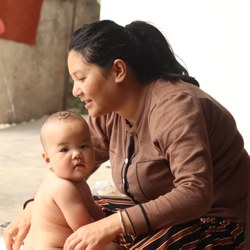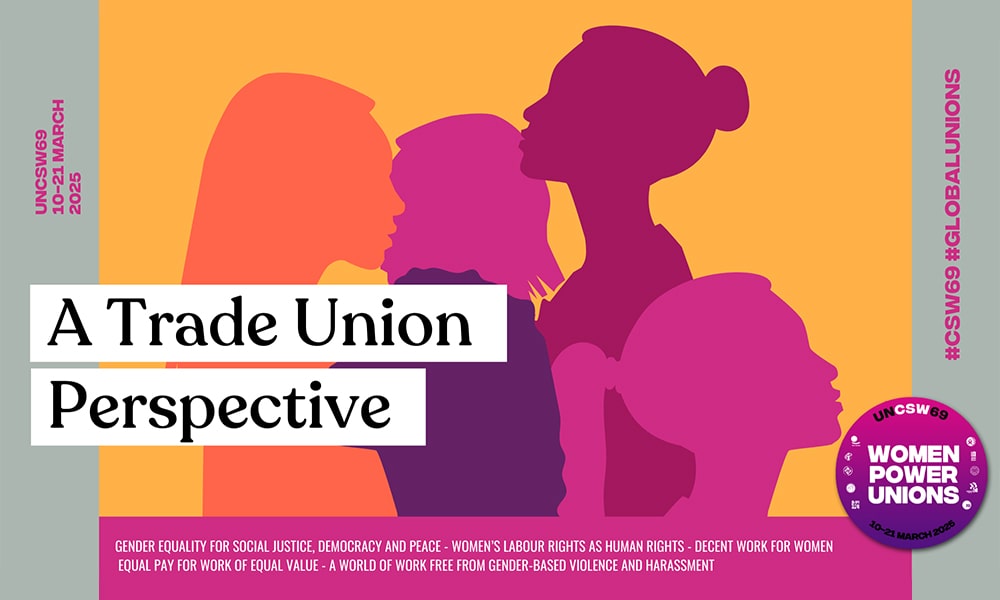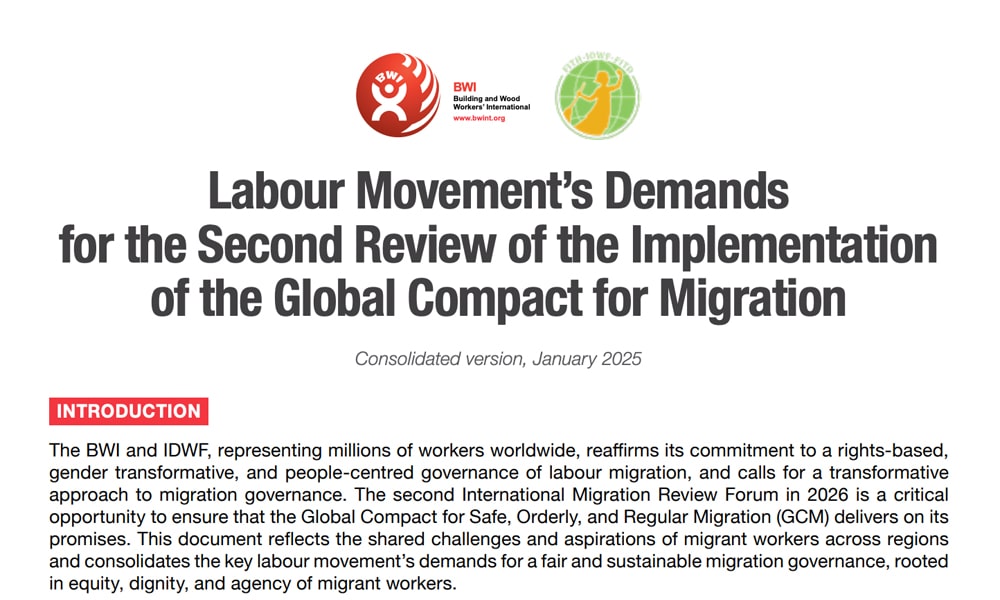As care work is not only the unpaid feminized labor within families, but it also encompasses work within the paid economy, particularly jobs that provide market substitutes for services women once provided in the home, we must investigate the labor divides within the paid care sector.
Two years into the global pandemic and our demands are as tightly knit to domestic workers’ plights as ever. For decades, domestic workers have defined the emergency lines on which governments, employers, trade unions, and societies at large must work on the prevention of crisis. As the crisis hit with these demands unmet, care work gained prominence as a priority discussion in decision making tables around the world.

Today, on the Global Day of Action on Care,
we reiterate the conceptual issues arising from this discussion.
As care work is not only the unpaid feminized labor within families, but it also encompasses work within the paid economy, particularly jobs that provide market substitutes for services women once provided in the home, we must investigate the labor divides within the paid care sector.
Care work must not be defined along the classist lines that only bestow the quality of a worker of the sector on those with formal access to education, such as nurses and healthcare personnel. Domestic workers have always been and are care workers.
Domestic and household work is at the center of care.
In Latin America, for example, the formulation of “care economy” itself has emerged from the 70s “domestic work debate” which attempted to understand the utility of molding such labor in reproducing social classes through the precarity of its conditions, when it happens outside of the realm of unpaid care. However, the “care crisis” coverage remains as asymmetric as the inequalities that underline it.
While indispensable for survival, such activity imposes costs on these women in the form of financial obligations, lost opportunities, and foregone wages. It also imposes a set of risks related to the home economy, including gender-based violence and harassment. When domestic workers engage in market activities performing their work, they still perform the unpaid form within their households or delegate this labor to women in their families.
However, some domestic workers do not enjoy this option as recent migrants to urban areas have options to access such informal assistance. Childcare is therefore an important part of social security, which is recognized in the ILO Conventions 102 on Social Security, 156 on Workers with Family Responsibilities, and 183 on Maternity Protection as key relevant labor standards. Domestic workers barely enjoy any social protection, let alone that relating to their children. Most importantly, we see the negation of domestic workers rights as care workers undeniably linked to the fact that oftentimes their clients, who receive direct care, lack political representation: domestic workers perform child and elder care, as well as care for the sick and the disabled who do not have access to affordable institutional care – something they have in common with domestic workers. Henceforth, disregarding domestic workers’ quality as care workers is also a blatant disregard for the political category of those they service.
At the International Domestic Workers Federation (IDWF), our affiliates have recognized the importance of investing in care and have two resolutions to that effect.
To mend the existent disparities in access to care, domestic workers should be recognized both as givers and recipients of care. A comprehensive system of care must be a public good, not a privatized service.






